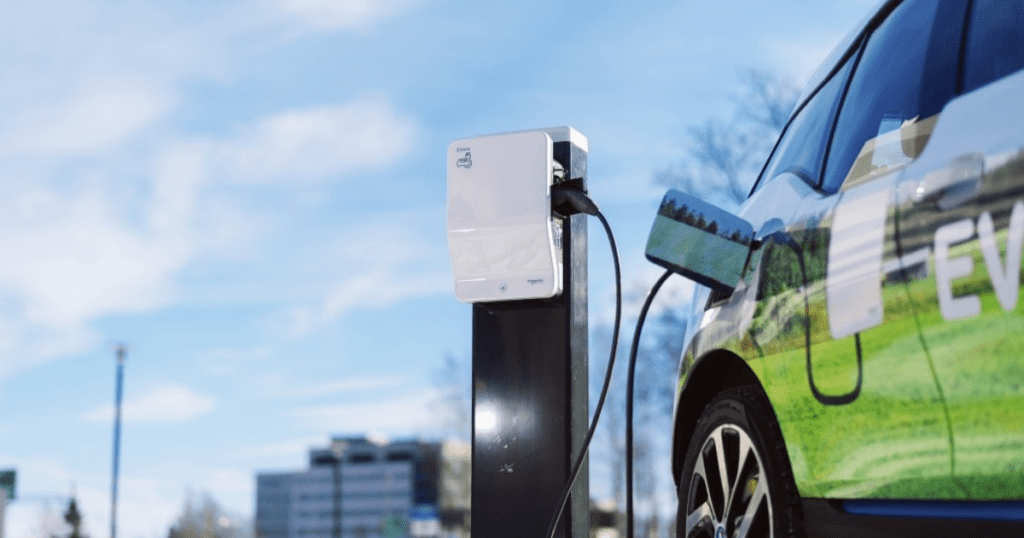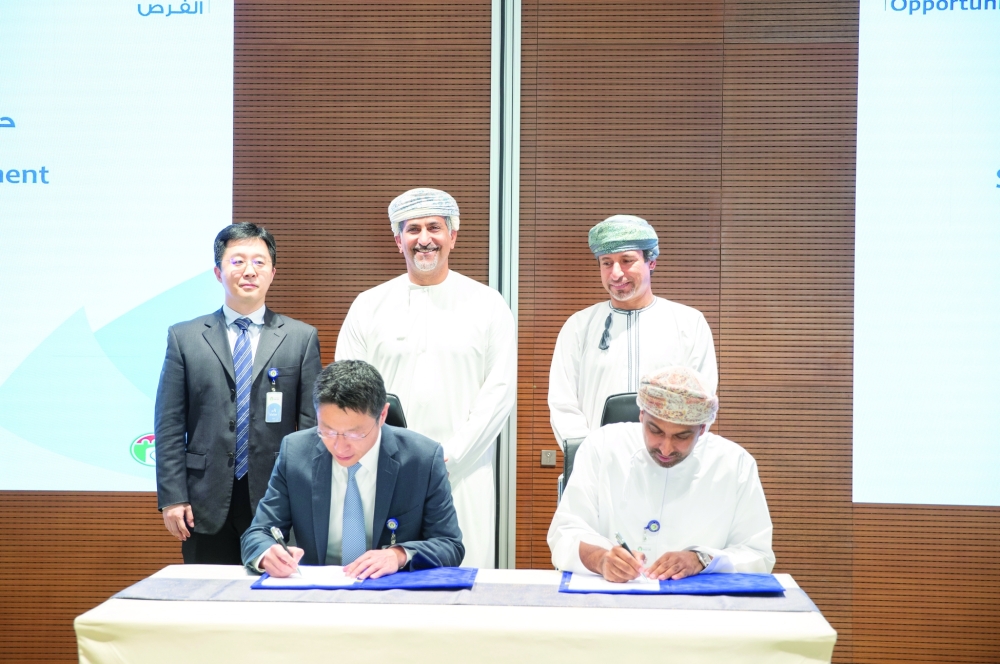
MUSCAT: The Ministry of Commerce, Industry and Investment Promotion (MoCIIP) issued Ministerial Decision 45/2023 deeming the Gulf Standard Specification GSO2698:22, which related to technical requirements for electric vehicles as a binding Omani standard,
In accordance with this decision whoever violates its provisions, shall be punished with the penalties stipulated in Royal Decree 1/ 78. The decision shall come into force after three months from the date of its publishing in the Official Gazette.
The Gulf Standard specification aims to specify the technical safety requirements for electric vehicles in terms of the safety of the driver and passengers through avoiding accidents and electric shocks and to ensure driving a high-performance car at a lower cost than conventional combustion vehicles.
It also aims at reducing the rate of car exhaust, contributing to reducing global warming, in addition to reducing noise pollution due to the complete quietness of electric car engines.
The provisions of this standard are applicable to all-electric vehicles with a speed exceeding 25 km / h, while electric motor vehicles are considered to be those being operated by using alternative fuels instead of the most common methods of the internal combustion engine.
The standard includes safety and electrical protection requirements in order to reduce accidents, deaths and electric shocks that can be caused by leakage of electricity from batteries and leakage of battery components in the passenger cabin.
The specification also includes requirements to absorb crashes, in order to reduce injuries to the chest, neck or head. The specification also stipulates requirements for charging systems and providing electric vehicles with electric energy, so that the electric connection of the vehicle must comply with the instructions and requirements of the specification.
The Gulf Standard Specification (GSO 2698:22) which is related to the technical requirements for electric vehicles stipulated the conditions for testing the vehicle, as the tyres must be supplied with air to the pressure recommended by the vehicle manufacturer at ambient temperature.
The lights, signals and auxiliary devices of the vehicle should be turned off except those required for testing and operating the vehicle during the day. All energy storage systems available for traction purposes (electro-hydraulic, pneumatic, etc.) must be charged to the maximum level specified by the manufacturer.






